Have you had your fair share of scientific facts that nobody can prove true or not? Here we will present you with a set of wonderful facts with authentic credentials that will blow your mind. Be prepared to be amazed:
1. The Sun is actually White
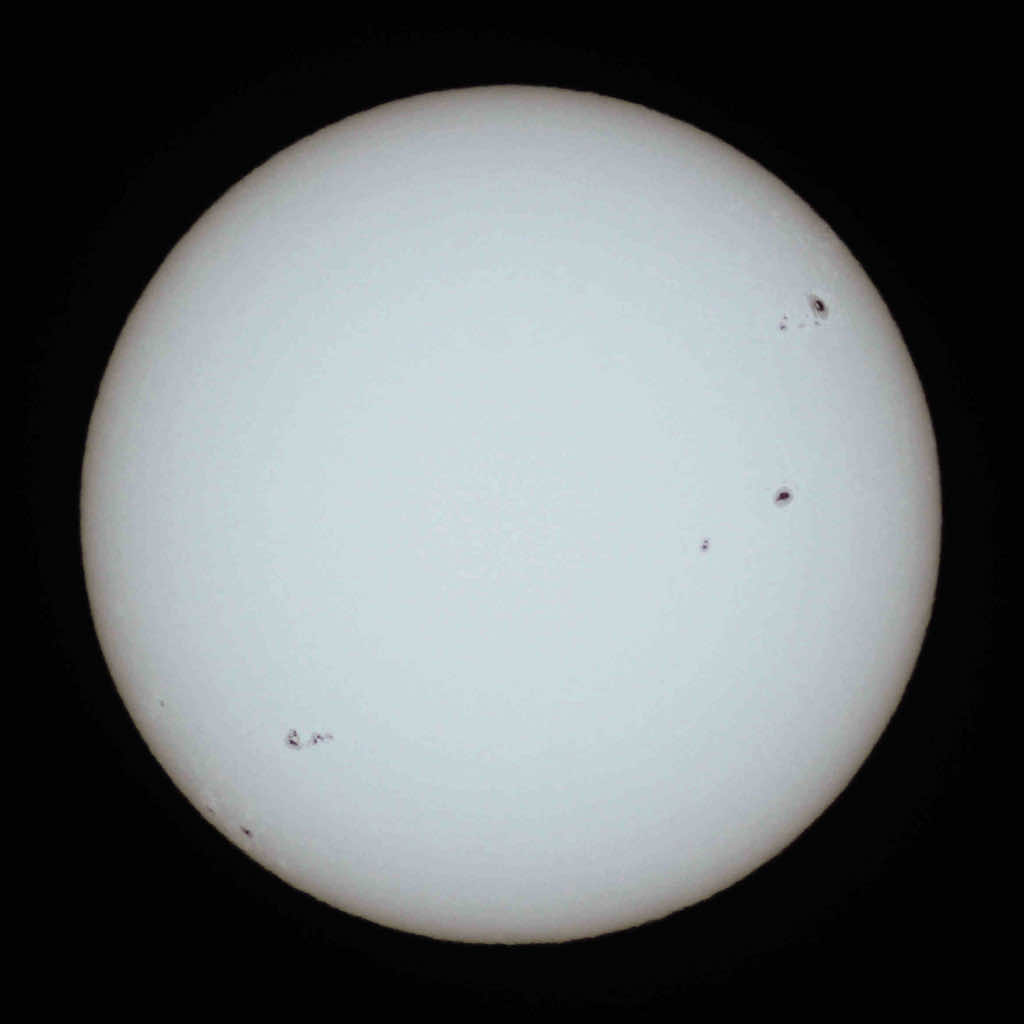
The Sun appears yellow due to Rayleigh scattering while passing through the atmosphere. From the space, our star appears sparkling white.
2. The Largest Waterfall is actually underwater
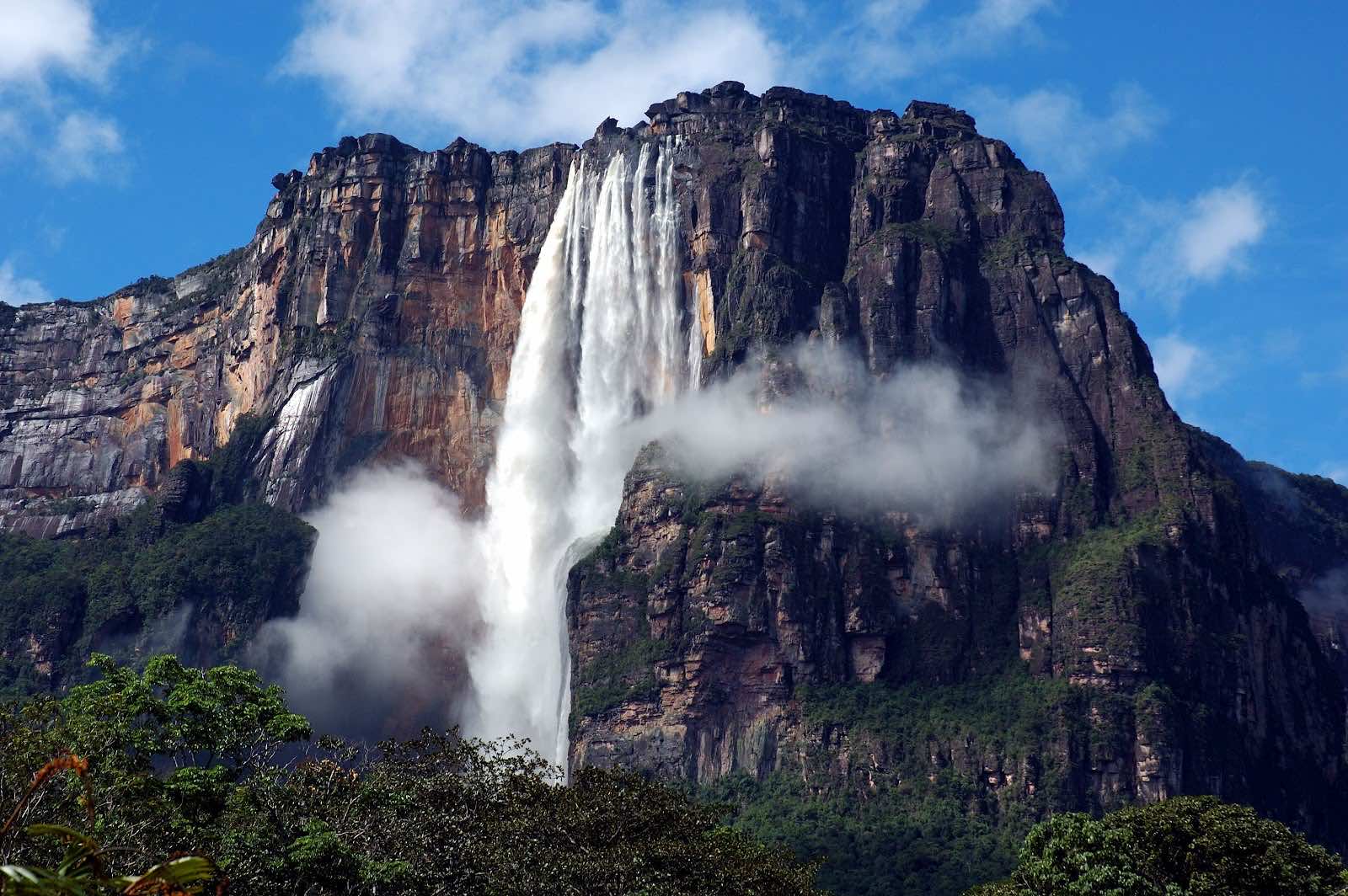
Yes, yes the Angel Falls are the largest waterfalls on LAND, but if you count water falling vertically, the largest waterfalls are known as Denmark Strait cataract or North Atlantic Circulation Pump, which is an underground waterfall that is a whopping 3,505 meters long (11,500 feet). The water falls abruptly due to the temperature difference between either side of the strait. These aren’t just underground water falls; there are rivers and even lakes all formed due to a temperature gradient.
3. The Earth has a Heartbeat
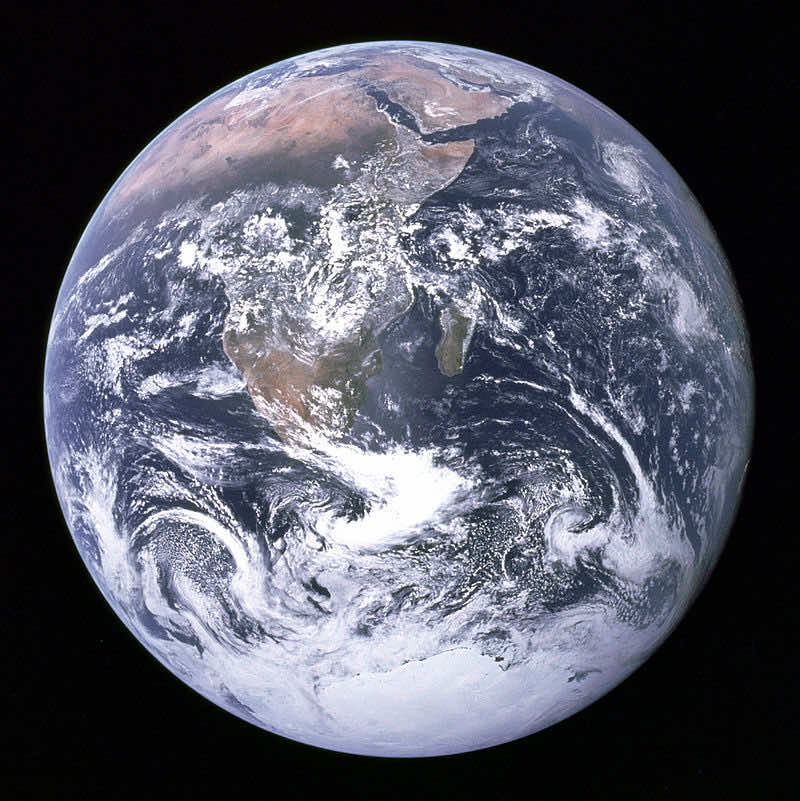
So, Mother Earth is indeed alive. The Schumann Resonances that arises from small discharges between Earth’s surface and the Ionosphere means that our planet has an electromagnetic heart beat. It peaks at 14.3, 20.8, 27.3 and 33.8 Hz. This phenomenon was predicted by Winfried Otto Schumann, and thus, these waves were named after him. NASA’s electric Vector Field Equipment detected these waves with 400-800 km ranges.
3. Coconut Cultivation possibly outdates modern humans
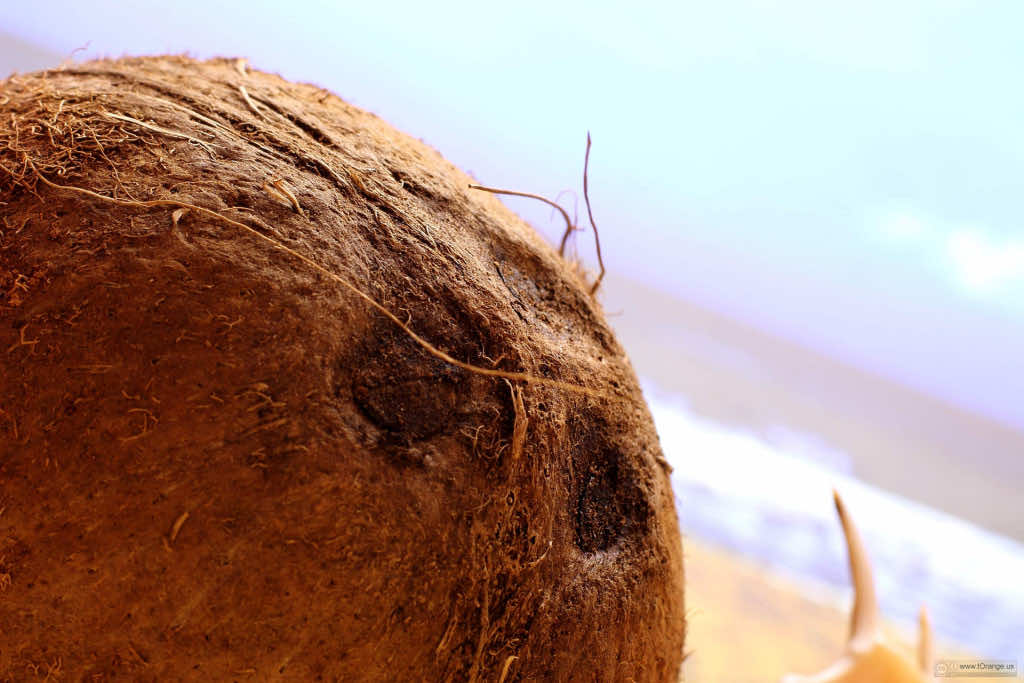
A study in 2011 failed to determine the exact origin of the genetic origins of the coconut plantation. It is widely known that modern humans who appeared around 30,000 years ago used to harvest them.
4. The tallest mountain isn’t the Everest.
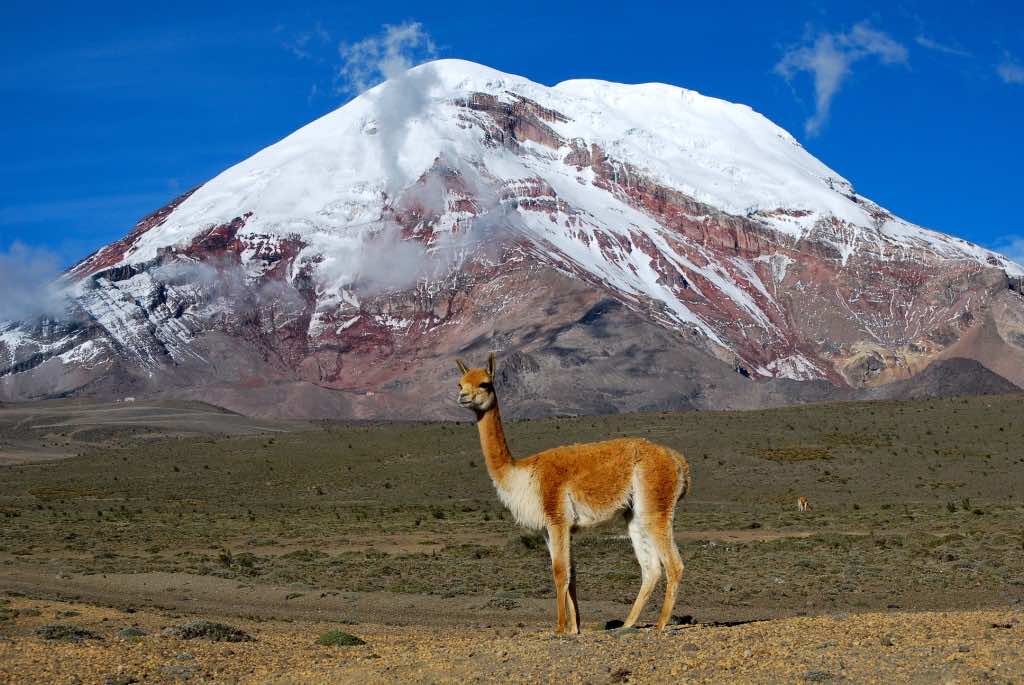
Two-thirds of the Earth’s surface is covered with water, and naturally it has more amazing stuff than on land. It is even home to the largest mountain in the world, the Mauna Kea volcano in Hawaii. The reason it is not quoted such because most of its mass is underwater. It is close to 10,000 meters high while Mount Everest is only 8,840 meters. Mount Everest is indeed the highest mountain in the world, just not the tallest!
5. Kola Superdeep Borehole is the deeper than the Mariana Trench
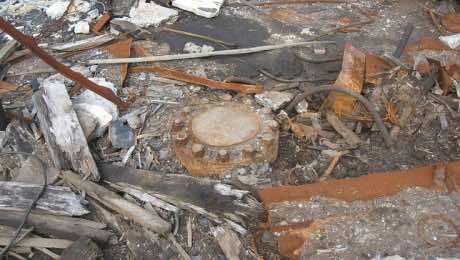
The unfathomable depths of the Mariana Trench are the greatest in Oceans. A few submarines have been able to reach it, but it is not the deepest humans have ever been. The Kola Superdeep Borehole project in the former Soviet Union was able to achieve the depth of 12,262 meters or 1300 meters more than the Mariana Trench itself. This rusty cap more than thirty years old now hides the deepest hole ever dug!
6. There are eight million Lightning Strikes Everyday
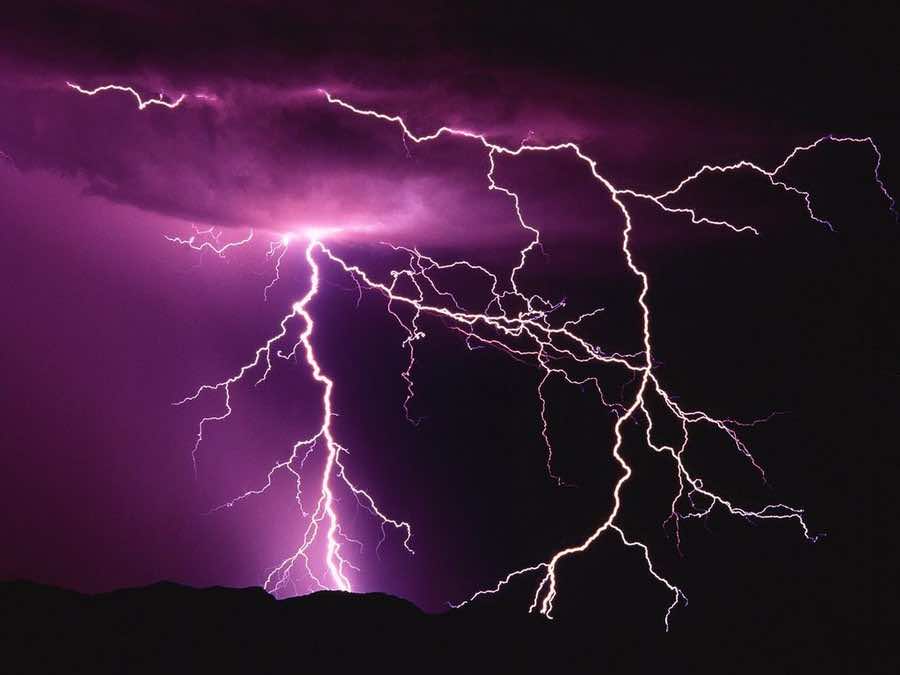
So, on average, eight million of these 10,000 Celsius discharges strike Earth every day. But, don’t be worried, most of these are quite harmless.
7. Some Spent Stars Spin very Fast
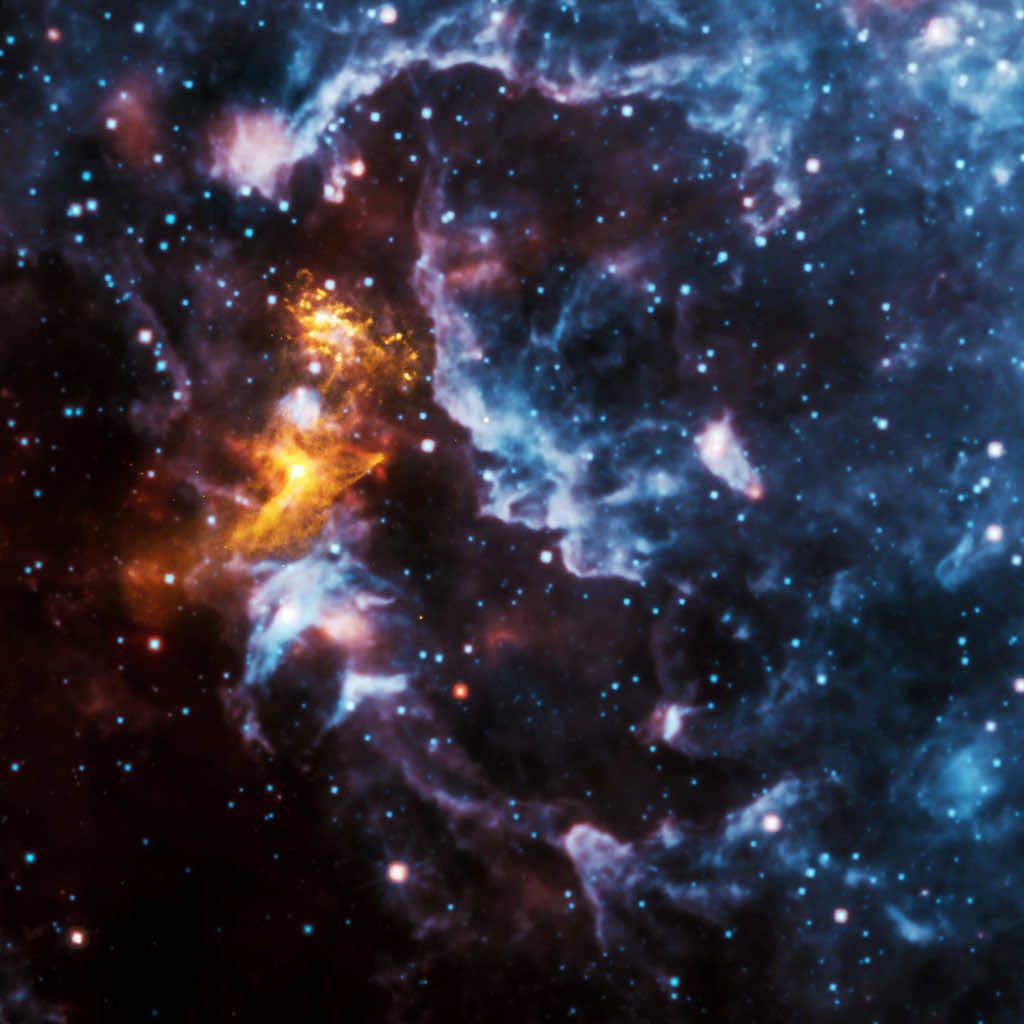
Neutron stars are basically failed black holes. Some of them can spin very fast on their axis. The PSR B1937+21 was discovered in 1982, and it basically spun 641 times per second on its axis. Now how does a body as huge as a neutron star spin so fast? Food for thought!
8. CyanoBacteria Almost Wiped Out Life From Earth
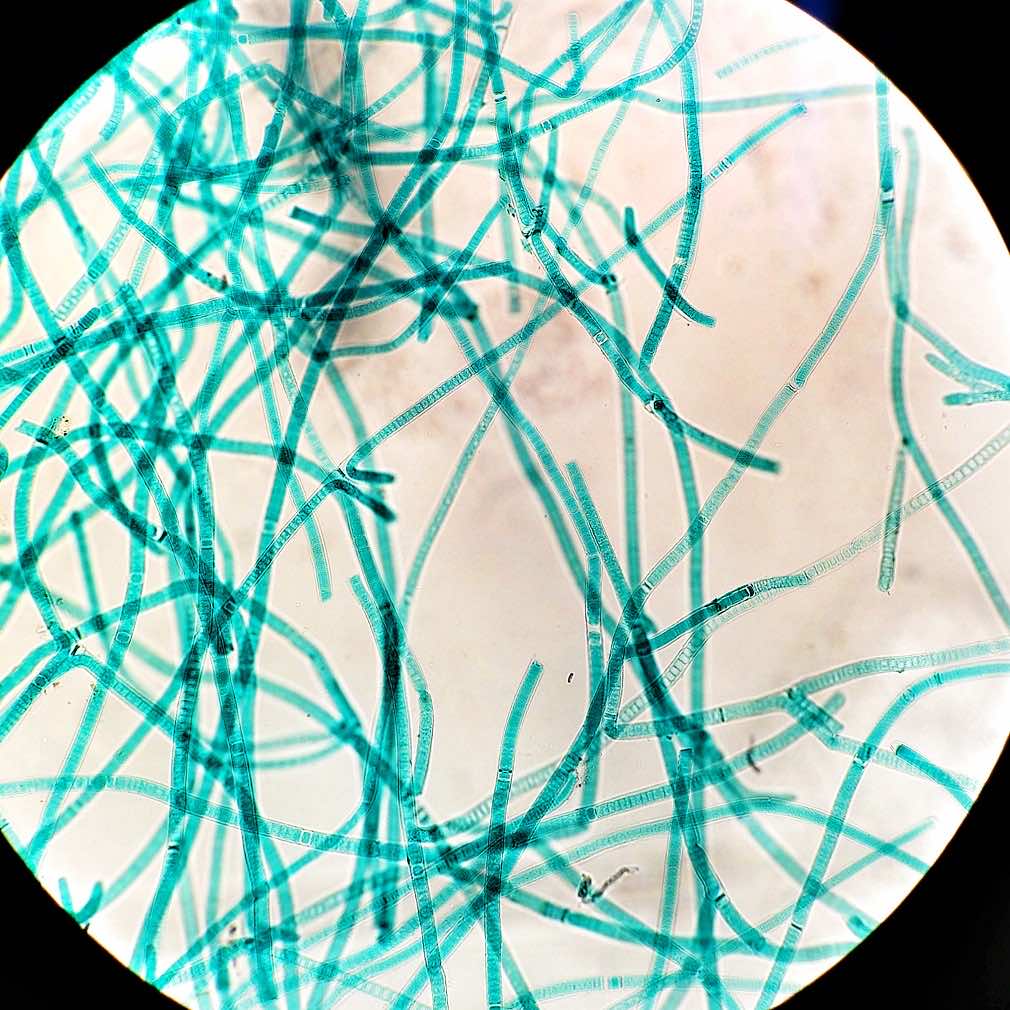
These are bacteria that are able to produce Oxygen through Photosynthesis. Even though all of us eventually evolved from these tiny microbes, their increasing levels of Oxygen production probably wiped away most of the anaerobic life from the face of the Earth. Oxygen is toxic for them, see?
9. Phytoplankton Grows Underwater up to Massive Levels
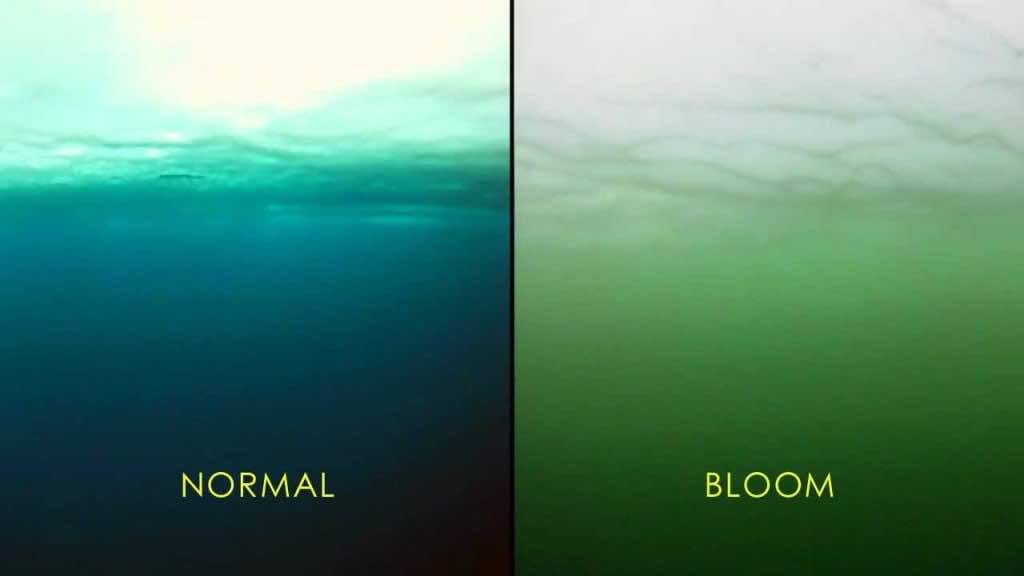
Due to massive global warming around the Arctics, ice has melted away to form thinner layers that melt away in the summers and grow back in the winter. The thinner sheets have contributed to the rapid growing of Plankton and as such that the sheer numbers of the little green organism is staggering. One NASA scientist compares the phenomenon to finding a rainforest in the middle if a desert.
10. We don’t know who named Earth
All the other planets are named after fabled gods from the Roman Era. The Earth has been named after its soil. Whose idea was this exactly? We don’t know that! Probably some English dude as the Latin name for the planet was Terra.



“Probably some English dude as the Latin name for the planet was Terra.” Really? English? It’s sounds different in every language, though the translations is the same.
Nice article. Thanks for the food for thought.
See #9, last sentence – “..in the middle OF a desert.”